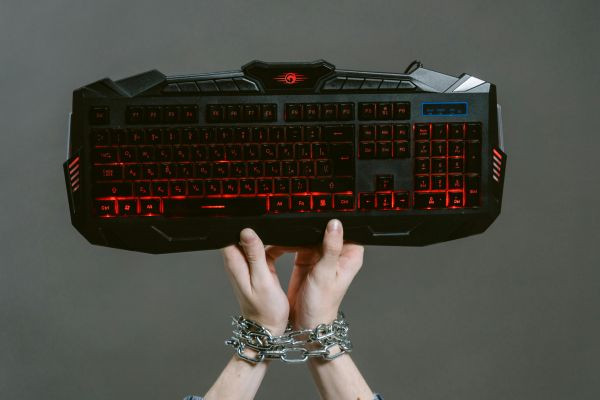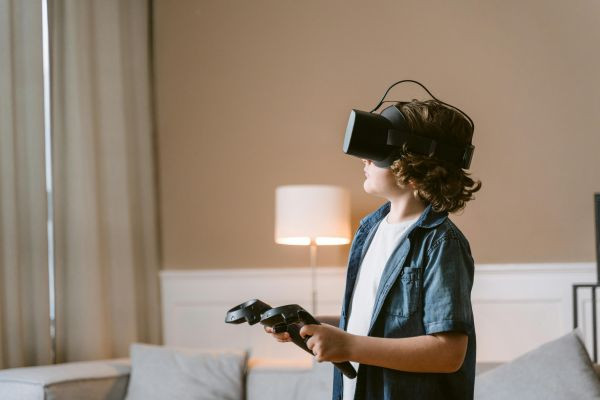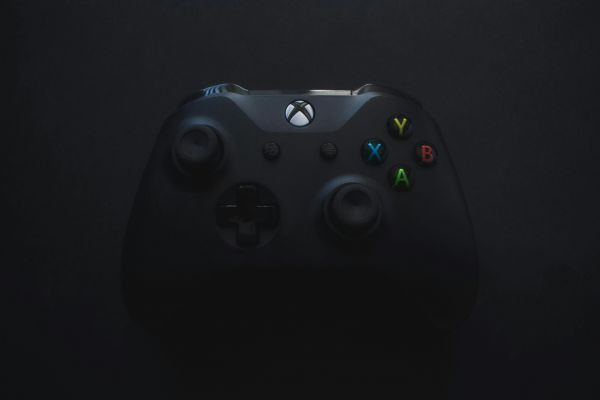Gaming is a wonderful way to relax, socialize, and even hone useful skills. But too much or an imbalance of gaming leads to burnout, which affects your physical well-being, mental health, and the enjo..
12/04/24 • 399 Views
Gaming is a wonderful way to relax, socialize, and even hone useful skills. But too much or an imbalance of gaming leads to burnout, which affects your physical well-being, mental health, and the enjoyment of this activity. Healthy gaming habits help you achieve a balance, keeping your passion for gaming enjoyable rather than stressful.
Here are some practical strategies that will help you enjoy gaming and avoid burnout.
1. Set a Schedule
Unregulated gaming sessions can last hours, leaving you exhausted. Setting a time frame for playing will allow you to enjoy your game without letting it gobble up your day.
Daily Limits: Determine an appropriate number of hours in a day to spend on gaming. Two to three hours is usually manageable for most individuals.
Break Between Sessions: Use the 50/10 rule-spend 50 minutes playing, then take a 10-minute break to stretch, rehydrate, or get outside.
2. Ergonomic Gaming:
Lack of proper posture and extended time spent on playing can bring about aching or injurious issues, such as back strain, neck strain, and carpal tunnel syndrome.
Gaming ergonomic equipment should include an adjustable chair, supportive desk setup, and high-quality gaming mouse or controller.
Maintain Good Posture: Sit up straight with your feet flat on the floor and wrists straight. Don't slouch or hunch over your monitor.
3. Keep Physically Active:
Gaming for long periods of time can lead to a sedentary lifestyle, increasing the risk of health issues such as obesity and cardiovascular disease. Combat this by keeping active.
Exercise Daily: Engage in at least 30 minutes of moderate exercise, such as jogging, yoga, or strength training, each day.
Stretch Often: Stretching little during breaks can enhance circulation and reduce stiffness.
4. Maintain a Balanced Lifestyle:
Gaming should form part of your life and not be the whole life. Balance ensures that gaming does not dominate other aspects of life.
Prioritize Responsibilities: Finish work, school, or household chores before jumping into gaming.
Diversify Hobbies: Take part in non-gaming activities such as reading, cooking, or spending time with friends and family.
5. Monitor Your Mental Health
It mainly occurs due to stress or frustration or excessive gaming. Take note of your mental situation at the time of gaming.
Identify Symptoms of Burnout: When gaming doesn't feel fun anymore and becomes a hassle, take time off.
Do Soothing Things: Do meditative activities such as meditation, deep breathing, or writing a diary to relax.
6. Set Achievable Gaming Expectations:
Excessive and unrealistic expectations often result from competitive gaming. This, in turn, leads to frustration and then burnout.
Avoid Overloading Challenges: Do not grind for hours, instead set small achievable milestones.
Celebrate Successes: Acknowledge your progress whether leveling up or mastering a new skill.
7. Maintain Social Connections:
Gaming can be an isolating experience if you focus on single-player sessions. Social interaction is important for emotional well-being.
Play with Friends: Cooperative or multiplayer games can add a social element to your gaming experience.
Participate in Gaming Communities: By being part of online forums or Discord groups, you will get tips, strategies, and stories.
8. Unplug on Tech-Free Days:
Exposure to screens causes digital fatigue, which can alter your sleep patterns and the focus of your mind.
Unplug Often: Give yourself at least one tech-free day a week with activities like hiking or board games.
Create a Night Routine: Power down your gaming setup an hour before bedtime to allow your mind to relax.
9. Choose Games Wisely:
Some games are more mentally taxing than others. A balanced gaming library can prevent emotional exhaustion.
Mix Genres: Alternate between high-intensity games and relaxing ones, such as puzzle or simulation games.
Know When to Quit: If a game becomes too frustrating, take a break or switch to another game.
10. Hydrate and Feed Well:
During gaming marathons, one may neglect basic needs like food and water.
Snack Wisely: Do not consume junk food. Healthy snacks may include nuts, fruits, or granola bars.
Drink Water: Keep a bottle of water handy to drink frequently and stay hydrated.
Conclusion:
Gaming is meant to be a fun and rewarding activity. These healthy gaming habits help prevent burnout and ensure gaming continues to be a healthy positive aspect of your life. The key is balance - your love for gaming should always combine with physical activity, social interaction, and mindfulness, which keeps your hobby sustainable and fulfilling.
Happy gaming, and remember: Play smart, not hard!









